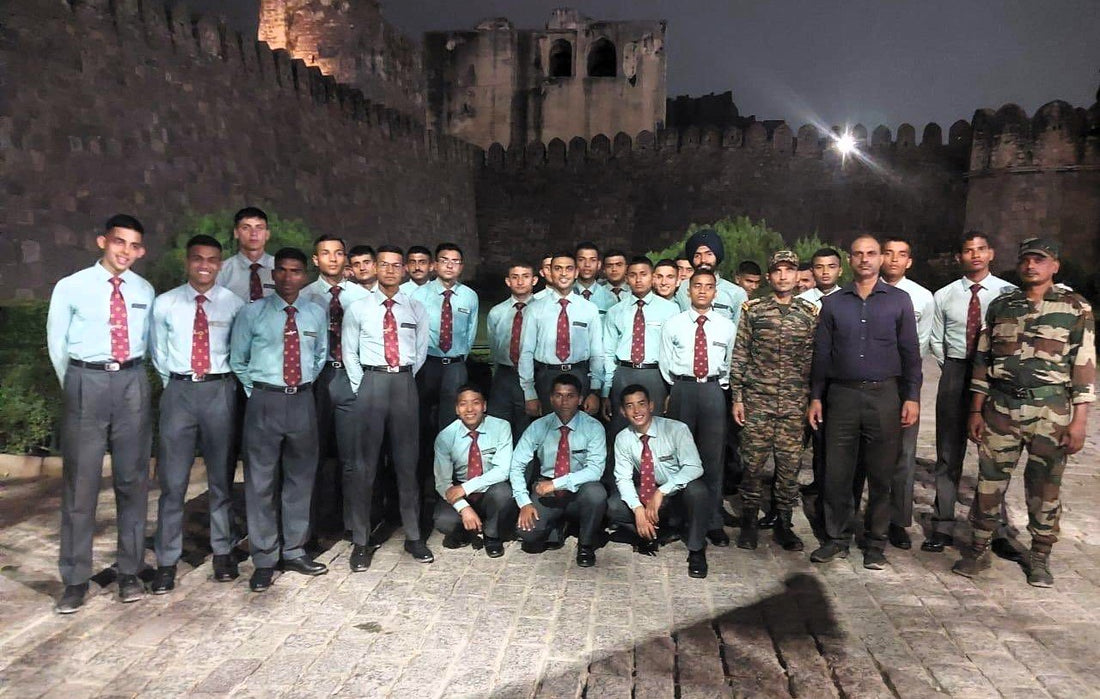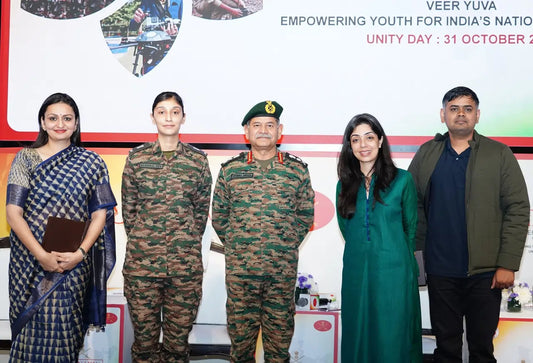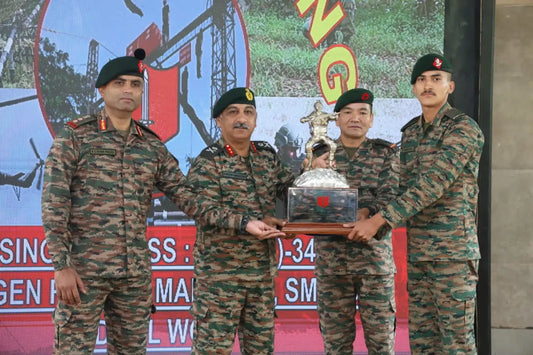The Daily Life of NDA Cadets: Training and Discipline in India's Premier Military Academy

The National Defence Academy (NDA) in India stands as a cornerstone in the development of future leaders for the nation's armed forces. Located in Khadakwasla, Pune, the academy is dedicated to enhancing cadets' physical, intellectual, and character attributes. The cadet's daily schedule is rigorously designed to equip them for the complex challenges of military life, encompassing a blend of activities, training, and discipline to support their comprehensive development.
Historical Context
Established in 1954, the NDA was conceived as a premier institution to train cadets across the Army, Navy, and Air Force. The inauguration of this joint service academy was groundbreaking, encouraging unity and integrated training within the defense forces. Over time, the NDA has refined its training methods to emphasize not just physical strength and tactics but also academic achievement and leadership skills, symbolizing India's commitment to a strong defense system.
Typical Daily Schedule and Activities
Life at the NDA resembles a rigorous boot camp, demanding high levels of dedication and resilience. A typical day at the academy is structured meticulously:
Early Morning: 4:00 - 6:00 AM
The cadets' day begins around 4:00 AM with the reveille bugle, signaling the start of their rigorous routine. Upon waking, cadets proceed to engage in intensive Physical Training (PT), which includes activities such as running, push-ups, sit-ups, obstacle courses, swimming, and horse riding. These exercises are crucial for building physical endurance, mental resilience, and essential skills for military operations.
Morning Drill and Parade: 6:00 - 7:30 AM
Following PT, cadets participate in military drills, focusing on drill formation and parade conduct to enhance synchronization, teamwork, and discipline. Under the supervision of skilled instructors, they march in formation, reinforcing fundamental military principles.
Breakfast and Academics: 7:30 AM - 1:30 PM
After breakfast, cadets dive into an academic curriculum facilitated by Jawaharlal Nehru University (JNU), pursuing degrees in BA, BSc, or BCom. The curriculum is diverse, covering subjects in sciences, humanities, and military studies, ensuring the cadets' development as well-rounded officers capable of critical thinking.
Afternoon Activities: 1:00 - 6:00 PM
Post-lunch, cadets engage in sports and specialized military training, participating in athletics, football, basketball, volleyball, and boxing. This period also includes hands-on training in weapon handling, map reading, and field tactics, crucial for their respective service branches.
Evening Study and Leisure: 6:30 - 10:30 PM
The day concludes with a structured study period, where cadets engage in self-study, group discussions, and enjoy an evening meal. By 10:30 PM, lights out ensures they receive adequate rest for their demanding schedules.
Training and Discipline
Discipline is a fundamental aspect of the NDA, with cadets adhering to strict schedules that foster self-discipline and responsibility. Key elements of this environment include punctuality, leadership training, and physical endurance tests, which collectively cultivate individuals capable of managing stress and performing under pressure.
Cadet Activities and Extracurriculars
The NDA promotes a holistic approach to development, encouraging cadets to engage in outdoor and indoor activities, along with cultural events. Outdoor activities include trekking, rock climbing, and water sports, while indoor clubs focus on arts, music, literature, and public speaking, enhancing creativity and communication skills. Cultural programs and seminars further broaden cadets' perspectives, shaping them into culturally aware leaders.
Statistical Data and Research Insights
The NDA's current curriculum and training regimes are structured from thorough research and strategic planning. According to official records, physical training comprises nearly 30% of cadets' daily activities, with regular assessments ensuring optimal health. Academic assessments contribute to a grading system that emphasizes academic and physical development.
Challenges and Solutions
The demanding life at the NDA presents several challenges, such as adjusting to military rigor and balancing physical and academic pressures. Potential solutions include mentorship programs and wellness resources to support cadets in managing stress and easing their transition to military life.
Future Trends and Predictions
Looking ahead, the NDA is poised to integrate more technological advancements, emphasizing cybersecurity, joint exercises with international military institutions, and sustainability practices. These trends aim to equip future officers with adaptability, global awareness, and responsibility.
Conclusion
The NDA's structured routine cultivates essential skills for future military leaders. From dawn to dusk, cadets are immersed in discipline and purpose, ensuring they emerge as competent, resilient officers ready to uphold the values of the Indian Armed Forces. This rigorous training instills leadership, responsibility, teamwork, and resilience, preparing them not only for military service but also as exemplary citizens committed to serving the nation with honour and integrity.



















